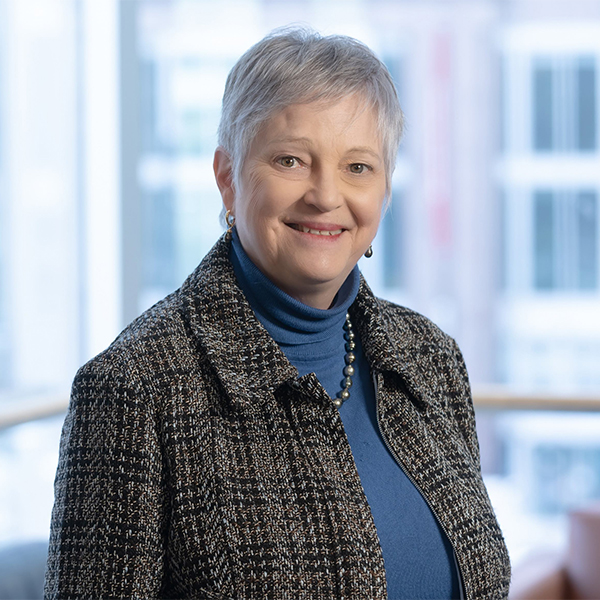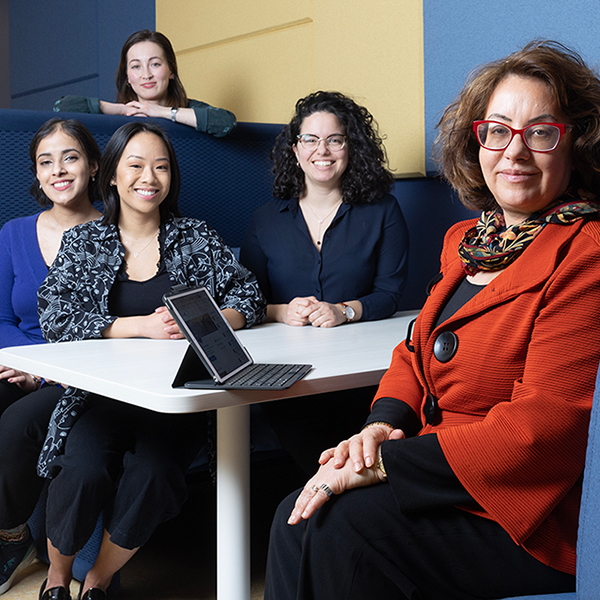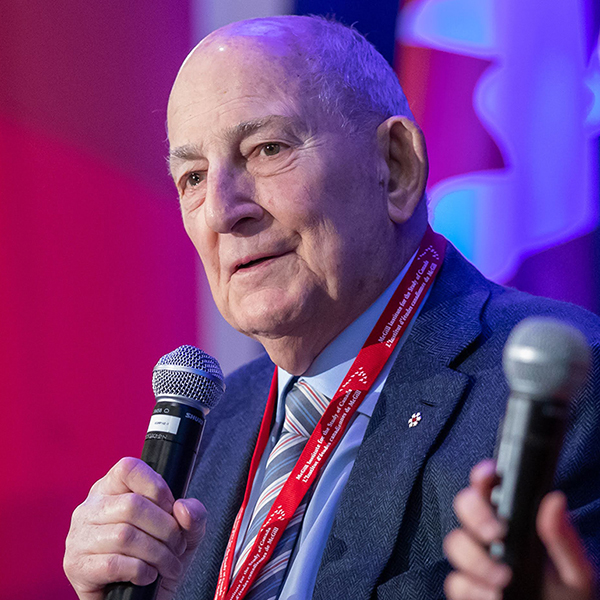Think of public policy as the unsung hero of a stable and successful society.
In today’s world of Twitter declarations, political polarization and growing gaps between rich and poor, the policies which govern our day-to-day lives desperately require innovative approaches taking into account such factors as partisan politics, practical (rather than theoretical) issues and the importance of effective communication with policymakers and the general public.
That’s the role envisioned for the McGill’s newly-launched Max Bell School of Public Policy, which has been established thanks to a $10-million donation from Max Bell Foundation.
“I would like to thank Max Bell Foundation for this generous gift,” said Principal Suzanne Fortier, BSc’72, PhD’76, at the November 7th launch of the school in Montreal, which was attended by representatives of Max Bell Foundation, McGill leaders and special guests, including one of the new school’s advisory board co-chairs, former Conservative Party of Canada leader Rona Ambrose.
“There has never been a more important time for McGill to contribute its full voice to the public conversation about the most critical issues affecting the future of Canadians, and all citizens around the world,” added Fortier.
“Max Bell Foundation is proud to be associated with the creation of a school of public policy at McGill and its potential to benefit Canada and Canadians by mobilizing expert, policy-oriented research, and providing a forum for debate on key public policy issues,” said the foundation’s president, Allan Northcott.
Under the leadership of inaugural director Christopher Ragan, the school’s flagship teaching program will be a one-year graduate program in public policy that combines courses on theory and quantitative analysis with those examining the real-world processes by which policy is designed and implemented.
There will also be a suite of executive teaching programs, taught by professors of practice with expertise in the practical aspects of specific policy areas.
“The policy challenges we face are difficult,” said Ragan, an associate professor of economics at McGill and chair of Canada’s Ecofiscal Commission. “Whether we’re talking about climate change or urban sprawl, there are complexities we need to face.”
Ragan said McGill’s true potential to excel in the field of public policy lies in its ability to effectively bring together and draw upon its impressive range of interdisciplinary expertise. He summarized the University’s unique qualifications with three key messages.
“Public policy matters. Good public policy doesn’t just happen and McGill is an awesome place to do this,” he said.
At the launch event, Ragan also announced two additional gifts in support of the school: a $1-million donation from the McConnell Foundation and a $2-million gift from an anonymous donor.
The School will be supported by an advisory board made up of Canadian leaders from the fields of politics and business, including three co-chairs: Rona Ambrose, NAFTA Council member and former interim leader of the Conservative Party of Canada; Dominic Barton, global managing partner of McKinsey & Company and chair of the federal minister of finance’s Advisory Council on Economic Growth; and Michael Sabia, president and CEO of Caisse de dépôt et placement du Québec.
“In 13 years of public life, I have always been passionate about public policy,” said Ambrose at the School’s launch. Ambrose cited climate change, the future of work, environment, energy and the issue of guaranteed annual income as just some of the future policy challenges on the horizon.
She said she was looking forward to seeing McGill’s Max Bell School of Public Policy push the envelope and engage and communicate in different ways.
“The policy challenges we face are vast,” she added.


